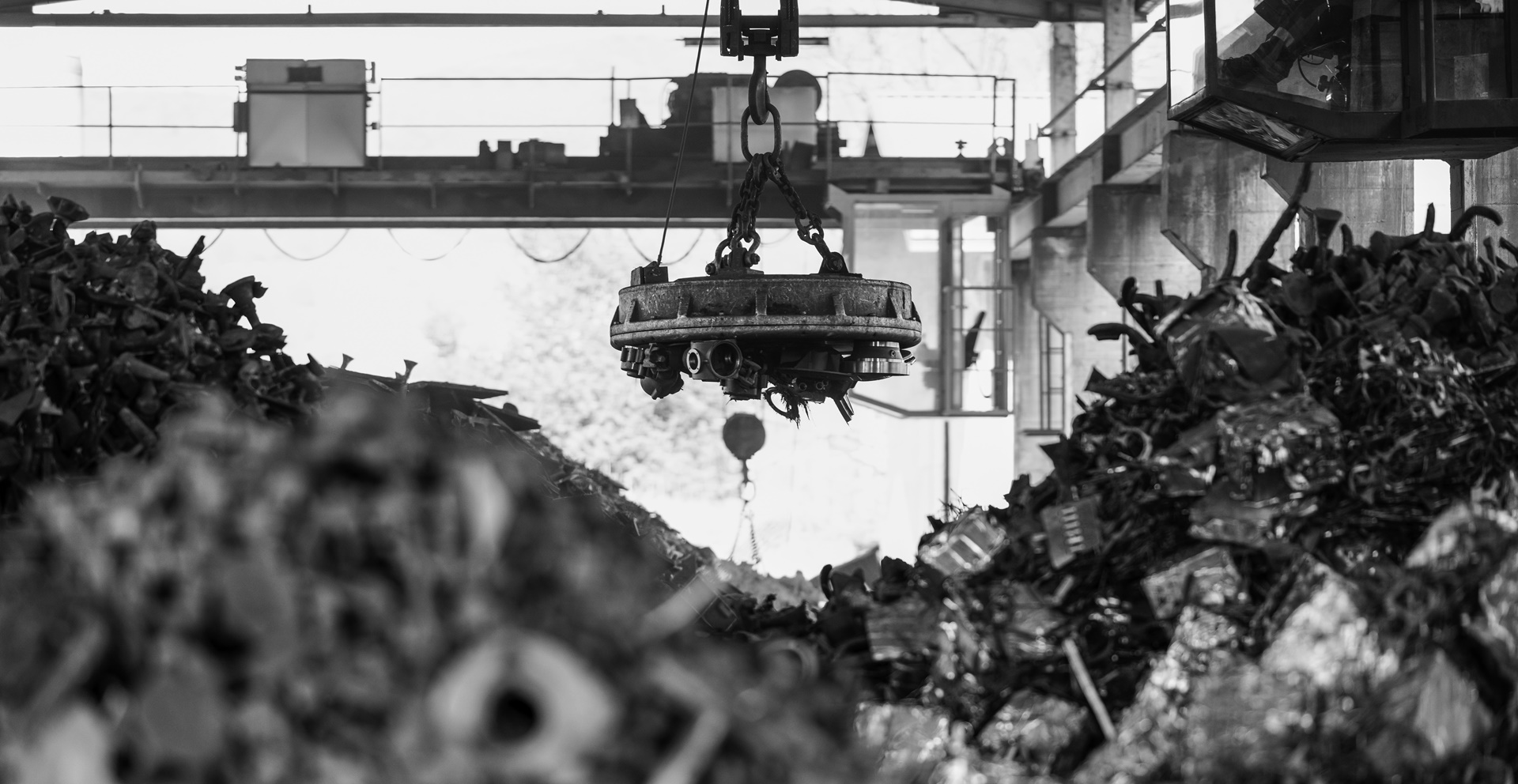Driven by new technology, stricter regulations and increased focus on sustainability, navigating this evolving landscape requires more than just awareness; it demands robust risk management. If you are not properly insured and informed, you could be liable for injuries or damage related to your operations, resulting in enormous out-of-pocket expenses.
Below are some of the key safety hazards shaping the industry today, along with strategies to help you mitigate risks they pose to your business.
Fire hazards
Auto recyclers face higher fire risks due to the presence of highly combustible materials, and fire safety encompasses more than sprinklers.
Additionally, your employees should receive regular, comprehensive fire safety training, including:
- Hands-on fire drills
- Specialized training for high-risk areas
- Emergency response training
- Documentation protocols for fire training and incidents
- Use of fire mitigation systems
Be sure to leverage resources provided by the Automotive Recycling Association (ARA), ARA University and the ARA CAR Program. All of these include excellent safety courses on this topic and high voltage vehicles, with interactive modules and self-paced trainings.
Environmental liability
Handling and disposal of hazardous materials like automotive fluids and batteries poses significant environmental risk. For example, used motor oil contains contaminants that can pollute soil and water, and antifreeze is toxic to humans and animals.
To comply with laws and regulations and reduce your operation’s environmental impact, it is essential to maintain rigorous protocols for disposing of hazardous materials. Your employees should be trained on environmental protocols and regulations specific to their work, including:
- The safe handling, storage and disposal of hazardous materials
- Proper spill response procedures
- How to conduct environmental monitoring tests
- Emergency response protocols for contamination incidents
Easy access to personal protective equipment (PPE), spill kits and safety information on hazardous materials can make a big difference. It’s also worth reviewing your insurance policy to help ensure that you are adequately protected in case of an environmental liability.
Worker safety
Recycling is one of the most dangerous professions in the world, and proper insurance coverage for worker injuries and accidents is crucial. Though some hazards may present obvious risks – such as heavy machinery and toxic waste – there are many emerging risks to your employees’ health and safety:
- Increased prevalence of electric vehicles means more auto recyclers than ever are handling lithium-ion batteries, which are highly explosive.
- Nanotechnology is now used to produce safer and more durable vehicles, but high exposure to nanoparticles has been linked with serious health concerns in workers.
- To avoid injuries or fatalities workers should be rigorously trained before they operate or maintenance new technology, machinery or processes.
Stay up to date and in the loop on the latest safety recommendations and regulations from organizations like Occupational Safety and Health Administrator (OSHA) and National Institute for Occupational Safety and Health (NIOSH) who both publish the latest information and research on regulations and worker risks.
You’ll also want to learn and exchange knowledge with your peers at industry events and engage in your professional networks. And finally, regularly audit your own organization’s worker safety plan and implement strategies as new research emerges.
Contractual risk transfer
As recycling businesses often work with subcontractors, it’s important to ensure that the contractual agreements between your business and your subcontractors are clear and all-encompassing. We recommend vigilant assessment of your subcontracted work for a safe transfer of risk:
- Outline the division of liabilities clearly in your contracts and review all documentation with the help of legal professionals.
- Perform site visits and regularly inspect subcontracted work to ensure regulatory compliance and safety.
- Stay on top of safety programs and require subcontractors to participate in trainings and educational opportunities when applicable.
- Verify that subcontractors maintain the required insurance coverage and request certificates of insurance to ensure that the policy is current.
Review your own insurance coverage and reach out to your policy issuer about subcontractors and the transfer of risk as needed.
As an auto recycler, your work removing unusable automobiles from the waste cycle and making them useful once more is essential to modern society. Stay proactive to ensure your operation and workers are safe: adhere to best practices, disseminate information to your employees, and keep an eye on emerging risks.
We help you win
For more than 30 years, Amwins Program Underwriters (APU) has built a reputation for developing and maintaining programs for a variety of niche industries and providing broad-based property & casualty insurance solutions to our retail partners.
That includes our programs for Auto Dismantlers and Scrap Metal Dealers. These exclusive programs are distributed through a select group of retail brokers and offer all lines of coverage for risks that are primarily engaged in dismantling autos and selling used parts and those that process ferrous and non-ferrous metal scrap.
You can trust us to meet the needs of your clients, providing stability, affordability and high-quality service designed to help them – and you - succeed. Partnering with us means you’re a priority.
This article was originally published in the November/December 2024 edition of Automotive Recycling. It was last updated September 2025.


